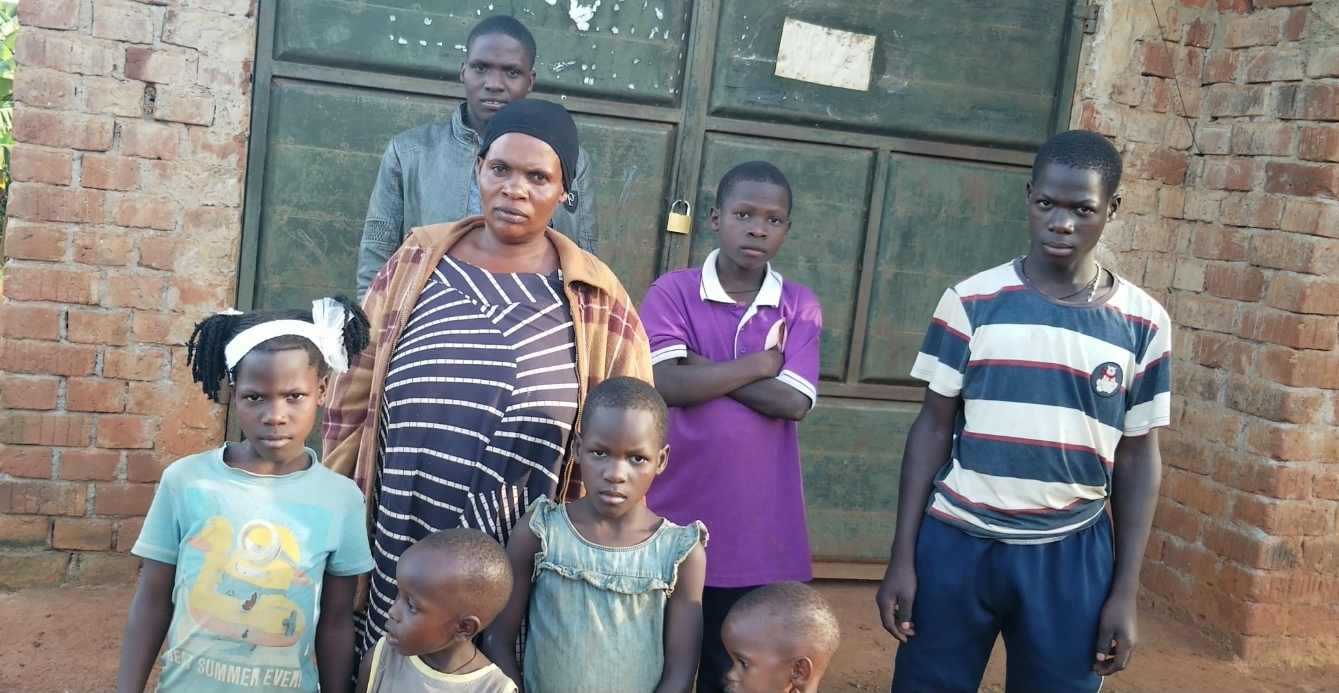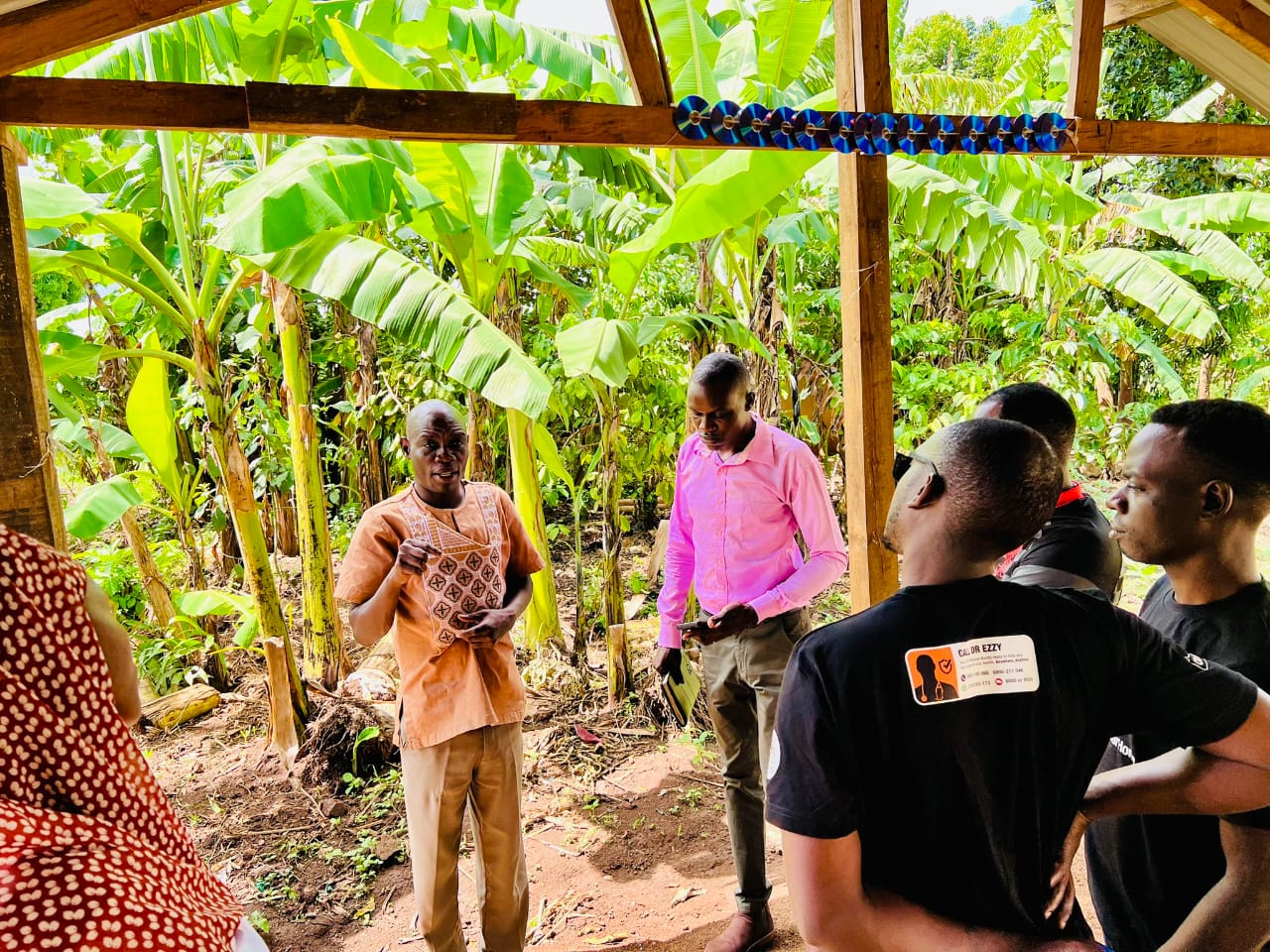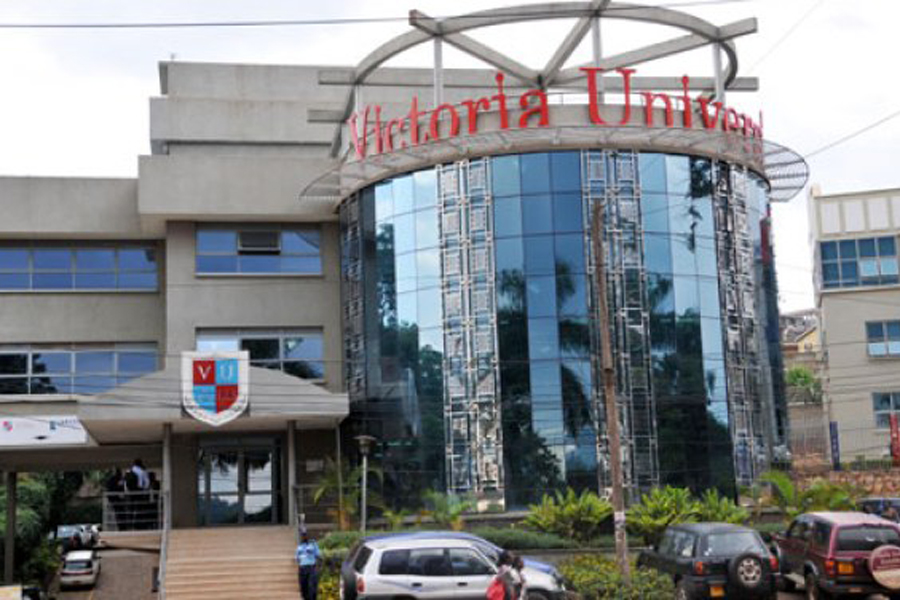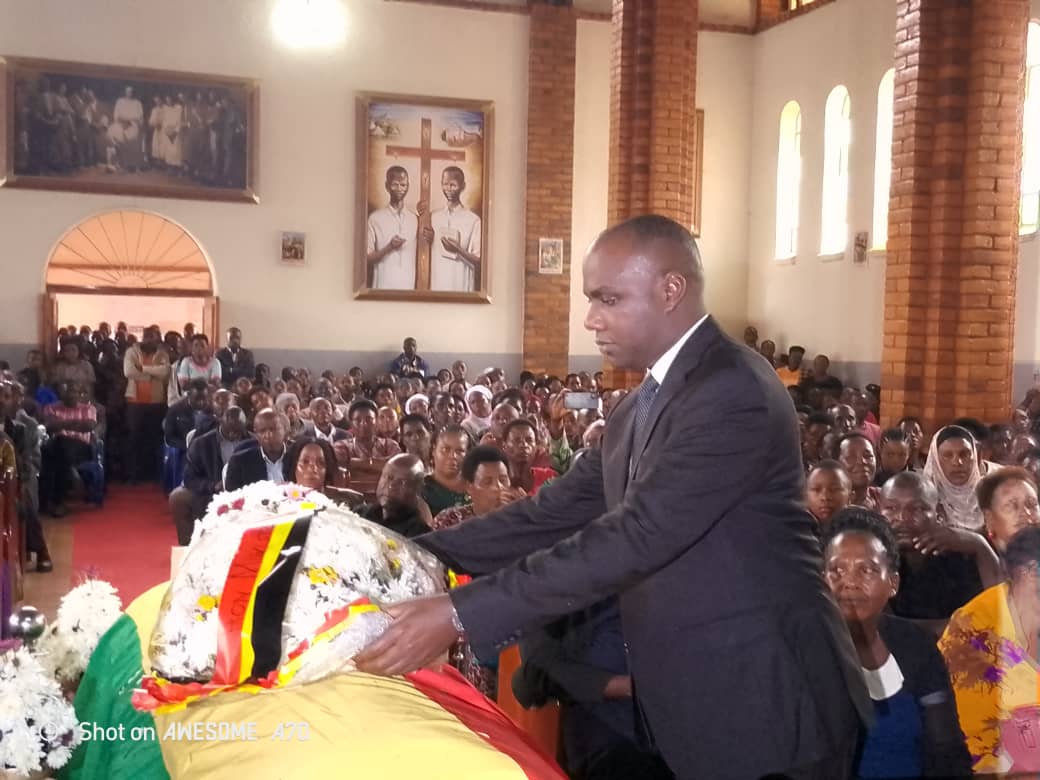Insurance Void Threatens Ugandan Schools: Vulnerability Exposed Amidst Crisi
Across the nation, from bustling urban centres to remote rural villages, educational institutions stand exposed to a myriad of risks, ranging from natural disasters to accidents and civil unrest. Yet, without adequate insurance policies to shield them from financial ruin, schools find themselves teetering on the brink of disaster, their resilience tested in the face of adversity.
The absence of insurance coverage for schools in Uganda is a symptom of systemic challenges plaguing the nation's insurance industry, where penetration rates remain stubbornly low and risk perception varies widely. While some private schools opt for insurance coverage as part of their risk management strategy, the majority of public and community-run schools lack the financial resources and awareness to secure adequate protection. As a result, they are left vulnerable to unforeseen calamities that can disrupt learning, devastate infrastructure, and derail the aspirations of generations to come.
The impact of the insurance void on Ugandan schools reverberates far beyond the balance sheets, affecting students, teachers, and communities alike. In the event of a disaster, schools are forced to bear the full brunt of the financial burden, diverting scarce resources away from critical needs such as textbooks, classroom supplies, and teacher salaries. Moreover, the lack of insurance coverage exacerbates inequalities in access to education, disproportionately affecting marginalized communities that are least equipped to cope with the fallout of emergencies.
Natural disasters, such as floods, landslides, and droughts, pose a particularly acute threat to the resilience of Ugandan schools, where aging infrastructure and inadequate risk mitigation measures leave them susceptible to catastrophic damage. In recent years, devastating floods have inundated classrooms, washed away textbooks, and displaced students, disrupting learning and exacerbating the already precarious conditions faced by vulnerable communities. Without insurance to provide a safety net, schools are left scrambling to rebuild in the aftermath, perpetuating a cycle of vulnerability and deprivation.
Moreover, the spectre of civil unrest and political instability looms large over Uganda's educational landscape, with schools often caught in the crossfire of conflict and unrest. In regions marred by violence and insecurity, schools become targets of vandalism, arson, and looting, robbing students of their right to learn in a safe and conducive environment. Yet, without insurance to mitigate the financial fallout of such events, schools are left with few options for recourse, their dreams of education shattered amidst the chaos of conflict.
In the face of these existential threats, stakeholders are calling for urgent action to bridge the insurance gap and fortify the resilience of Ugandan schools. Through targeted interventions such as awareness campaigns, capacity building, and innovative risk-sharing mechanisms, the government, the insurance industry, and civil society can work together to ensure that every school is adequately protected against unforeseen disasters. By investing in insurance coverage as a cornerstone of education resilience, Uganda can safeguard the future of its children and pave the way for a brighter tomorrow.













